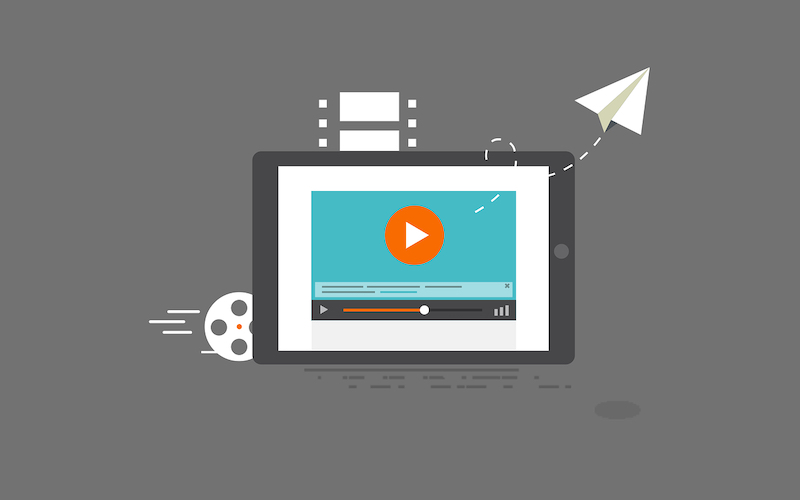A Look into the Unclearly Worded Reasons YouTube Can Refuse to Pay Ad Revenue
In a widely reported study released by Harris Poll and LEGO earlier this summer, it was revealed that more U.S. children aspire to be professional YouTubers than traverse space as an astronaut. Interestingly, astronaut was far behind the rest of the pack, with teacher, professional athlete, and even musician all trailing the glamorous world of YouTubing.
But there’s a reason that so many children aspire to become the next big YouTube star: it’s accessible, easy fame that can make you money. At least, that’s how it seems. Considering makeup tutorial expert Michelle Phan, baker Rosanna Pansino, and gaming streamer Seán McLaughlin (Jacksepticeye) have all made millions off of the platform, firing up a webcam certainly seems more attractive than spending years perfecting your skills in science, music, or athletics.
However, there are many reasons that starting a YouTube channel should be seen as a hobby rather than an employment option. In addition to an extremely crowded field of entertainers and the sheer amount of work and talent needed to produce and edit high-quality videos, YouTube’s issues surrounding demonetizing videos have mounted over the past few years. The massive website’s “advertiser-friendly content guidelines” lay out the rules on what can cause a video to lose financial viability, but the wording can often be a bit confusing. Let’s examine some of the vaguely presented reasons YouTube can deny paying content creators.
“Content discussing intimate sexual experiences such as masturbation, intercourse, or other sexual acts.”
Of course, YouTube has long had restrictions when it comes to showing sexual content, something that’s helped bring the platform to the mainstream. After all, there’s already HBO, Cinemax, and, well, the whole rest of the internet for that. However, the wording of this particular guideline means demonetizing any content discussing intimate sexual experiences. So does that mean sexual education content gets demonetized? What about a video trying to discuss the prevention of sexually transmitted diseases? Even the most squeamish of fans has to admit that this guideline seems a bit Puritanical.
“Pimple-popping or in-grown toenail removal”
While it’s difficult to see big companies like Pepsi wanting their brand associated with zits and ingrown hairs, the basic fact is that these videos get views. Look at Sandra Lee, MD (Dr. Pimple Popper), who not only gets millions of views on her online videos removing cysts and extracting whiteheads, but has her own program on TLC, a basic cable channel with advertisers. While it might make people uneasy, these types of videos are popular and definitely don’t intend any offense.
“Content relating to cannibalism.”
Okay, so we can all agree that we wouldn’t want to watch someone do a live tutorial on how to cook human meat … at least that better be the case. However, if all content relating to cannibalism is demonetized, does that include a video talking about the history of cannibalism? Or a video advocating against cannibalism? Considering major network show Hannibal literally starred a cannibal, this seems like a strange rule.
“Sensitive Events (War/Death and Tragedies) and Controversial Issues (Political Conflicts/Terrorism and extremism/sexual abuse).”
This one is especially interesting, as these particular guides don’t mention showing any of the aforementioned scenarios, but can literally demonetize a video for discussing these topics. This means that anyone doing an opinion piece on anything “sensitive” or “controversial” can be quickly stripped of potential earnings. So that means that a discussion on gun control, a look at the aftermath of 9/11, a history lesson on World War II, and a debate on how to reduce political violence can all be completely demonetized. And yet, you can flip through your cable channels and view all of this type of content, completely ad supported.
While it’s interesting to look at these strange rules from the outside looking in, this really is an issue that continues to affect content creators across the world of YouTube. While many of the top channels will continue to thrive amidst the occasional demonetization strike, the creators just scraping by don’t have that luxury. The entire reason YouTube has become so popular is the amount of freedom awarded to its user base. Take that away, and creators will move on to the next big platform.









